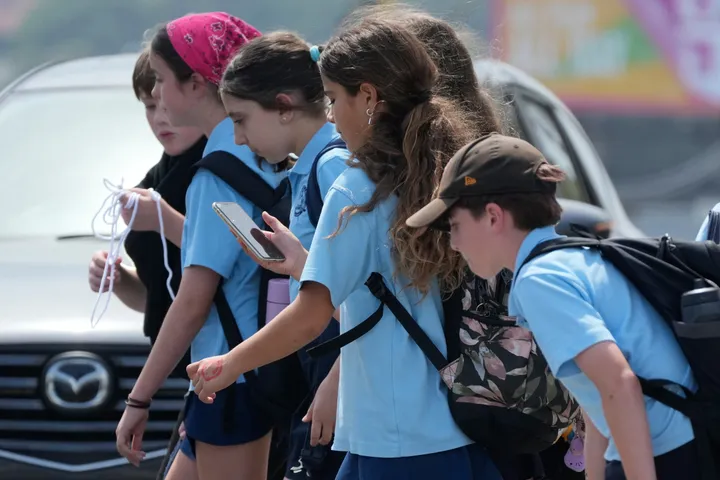By Emmanuel Onyango
The crackle of gunfire has made way for a semblance of life on the streets of Goma in eastern Democratic Republic of Congo after rebels wrest control of the city.
But beneath this veneer of relative calm lies an unsettling picture of civilian suffering wrought by the conflict.
Water and electricity are not fully restored, and roads leading to the city have been blocked, according to Congolese officials.
Hospital wards are teeming with patients nursing gunshot wounds. The United Nations estimates that nearly 3,000 people were killed and almost 3,000 injured over the last two weeks. These numbers will likely be revised upwards.
The UN has flagged inadequate medical supplies, fuel and staff as the most critical challenges in managing the current situation.
Displaced and disadvantaged
More than 700,000 were forced to flee their homes in the city throughout January, the World Food Programme said.
For those who remain, the city resembles a battleground. Torched cars and damaged buildings along the streets are a stark reminder of the horrors of the gunbattle that raged until recently.
The Red Cross has been assisting authorities in collecting and burying bodies of people killed during the fighting.
Morgues are operating without refrigerators due to power outages. Myriam Favier, head of the International Committee of the Red Cross's sub-delegation in Goma, calls it "a race against time" to identify bodies.
Critical humanitarian aid remains stuck at the city's airport, which the rebels have cordoned off. The UN humanitarian office said the survival of thousands of people depends on the airport being reopened without further delay.
"Goma airport is a lifeline. Without it, the evacuation of those seriously injured, the delivery of medical supplies, and receipt of humanitarian reinforcements are paralysed," the UN's resident humanitarian coordinator in Congo, Bruno Lemarquis, said in a statement.
Threats to public health
Healthcare authorities warn of an increasing risk of disease outbreaks, including cholera, measles and Mpox, due to mass displacement and unsafe water sources.
According to the global charity ActionAid, hundreds of thousands of residents are also battling hunger due to rising food prices.
Prices of essentials like flour and oil have more than doubled, and many families are going without meals.
"Everything has become expensive. We were paying $20 for a bucket of rice, and now it's at least $23. The cost of large drinking water bottles has also doubled from $1 to $2 each," an ActionAid community volunteer in Goma said.
The charity said fighting had cut off roads to surrounding regions that supply food to Goma, leading to shortages and price hikes.
"The spike in prices will push food in Goma's markets out of reach for many families, particularly those who have been displaced from their homes and are living on next to nothing," said Yakubu Mohammed Saani, ActionAid's country director..
Women bear the brunt
Sexual assault and exploitation had become routine in Goma, according to a UN agency. On the outskirts of the ravaged city, civilians have reported scores of instances of sexual violence by armed men in fatigues.
Goma has also seen a surge in other crimes, including carjackings and looting of warehouses belonging to humanitarian agencies.
A coalition of rebel groups consolidated its control of the city after declaring a unilateral ceasefire. But the truce failed to hold, and Kinshasa has already vowed to reclaim the city that is home to more than a million people.
Planned high-level talks to resolve the conflict are scheduled for February 7-8 in the Tanzanian coastal city of Dar es Salaam. Congolese President Felix Tshisekedi and his Rwandan counterpart, Paul Kagame, are expected at the negotiations.
Observers say a "make-or-break moment" is approaching, warning that an escalation of the violence could trigger a regional war.
➤Click here to follow our WhatsApp channel for more stories.





















_1.JPG?width=512&format=webp&quality=80)

